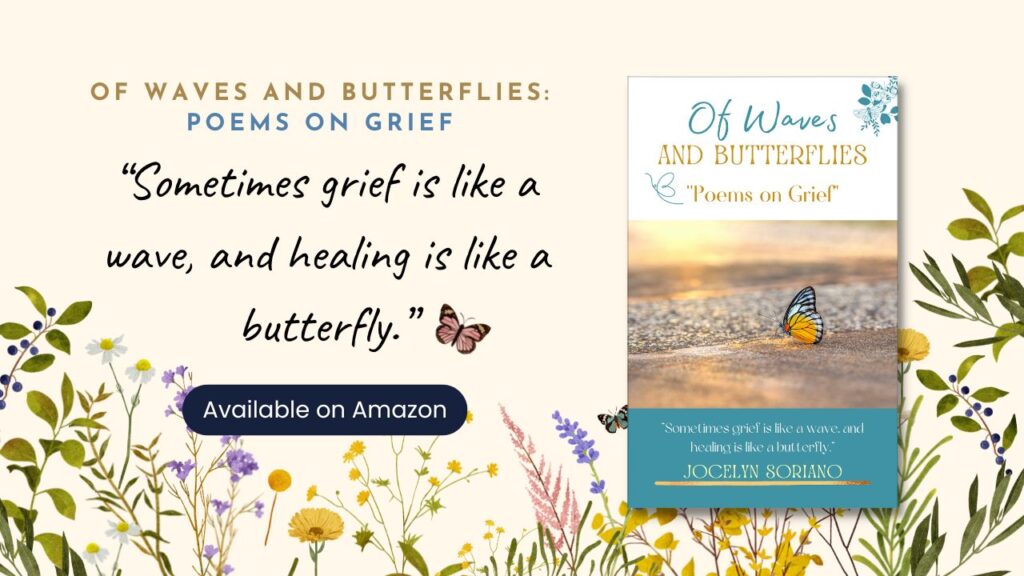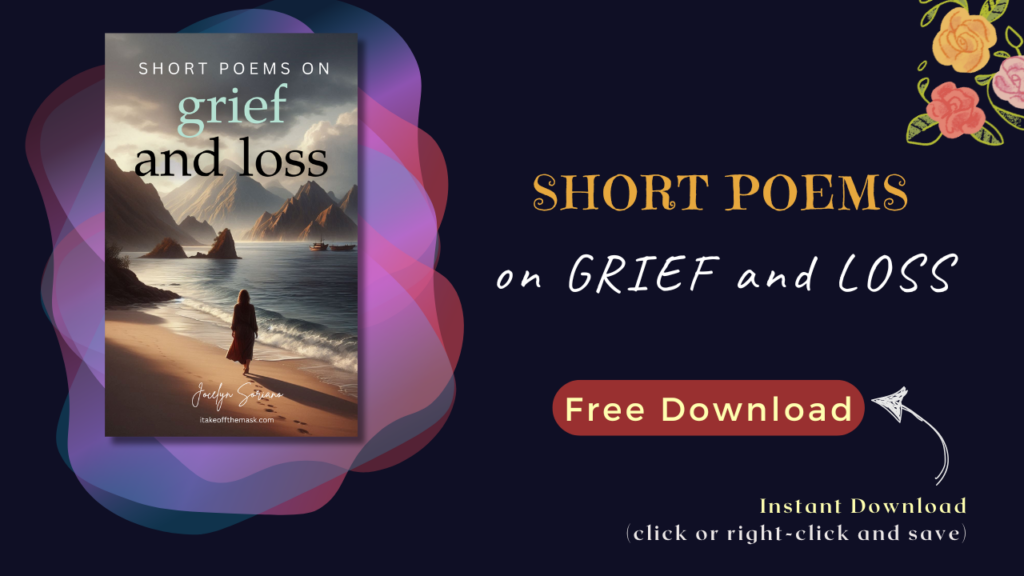 Losing a father is one of the most painful and profound experiences a person can endure. Whether your father passed away unexpectedly or after a long illness, the grief and emotional turmoil can feel overwhelming. Coping with the loss of a father can bring feelings of sadness, anger, confusion, and even guilt. However, it’s important to understand that healing takes time, and there are steps you can take to navigate this difficult journey. In this article, we will explore practical ways to cope with the loss of a father, offering guidance for emotional healing, remembrance, and finding peace.
Losing a father is one of the most painful and profound experiences a person can endure. Whether your father passed away unexpectedly or after a long illness, the grief and emotional turmoil can feel overwhelming. Coping with the loss of a father can bring feelings of sadness, anger, confusion, and even guilt. However, it’s important to understand that healing takes time, and there are steps you can take to navigate this difficult journey. In this article, we will explore practical ways to cope with the loss of a father, offering guidance for emotional healing, remembrance, and finding peace.
1. Allow Yourself to Grieve
Grief is a deeply personal process, and it looks different for everyone. It’s essential to allow yourself the space and time to grieve your father’s death. There’s no right or wrong way to grieve, and it’s important to honor your emotions. Whether you cry, feel angry, or remain in shock, your feelings are valid. Suppressing your grief may prolong your healing process, so embrace your emotions as they come.
Keywords: loss of a father, grieving process, emotional healing
2. Seek Support from Family and Friends
During such a difficult time, you don’t have to go through it alone. Seek support from those who understand and care about you. Family and friends can provide comfort, a listening ear, or even just the presence you need. Sharing memories and talking about your father can help you process the emotions you are experiencing.
If you feel isolated or have no one to turn to, consider seeking support from a grief counselor or joining a support group. Talking to others who have experienced similar losses can be incredibly healing.
Keywords: support groups, loss of a father, grief counseling, grieving family
3. Honor and Remember Your Father
Keeping your father’s memory alive is a vital part of the grieving process. Finding meaningful ways to honor his legacy can bring comfort and a sense of peace. You might create a memory box filled with items that remind you of him, write letters to him, or hold a memorial in his honor. The act of remembering your father allows you to stay connected to his spirit, even after his passing.
Keywords: honor your father, memorial for father, grieving father, remembering dad
4. Take Care of Your Physical and Emotional Health
Grief can take a toll on both your physical and emotional health. During this time, it’s important to maintain your well-being. Try to get enough rest, eat nutritious foods, and engage in physical activities that help relieve stress, such as walking or yoga. Physical exercise can boost endorphins and help you feel better emotionally.
It’s also essential to practice self-compassion and give yourself grace. Grieving is exhausting, and you don’t need to feel guilty about needing time for yourself.
Keywords: self-care, emotional health, grieving, taking care of yourself
5. Find Meaning and Purpose in the Loss
The loss of a father can shake your world and leave you questioning the purpose of life. While grief may never fully disappear, finding meaning and purpose in the experience can help you heal. This may involve seeking spiritual guidance, reflecting on your father’s impact on your life, or helping others who are also grieving.
Some people find comfort in faith, prayer, or meditation, which can offer a sense of peace and connection to something greater than themselves. Understanding that grief is part of life’s natural cycle can help you make sense of the pain.
Keywords: finding purpose in grief, spiritual healing, coping with loss, loss of father meaning
6. Accept That Healing Takes Time
One of the most important aspects of coping with the loss of a father is recognizing that healing is a process, not a destination. There’s no timeline for grief. You may have good days and bad days, and that’s completely normal. Over time, the intense pain will soften, but it’s okay to grieve at your own pace. Celebrate the small victories, whether it’s getting out of bed in the morning or experiencing a moment of peace.
Keywords: grieving process, healing from loss, time to grieve, loss of a father healing
7. Consider Journaling or Expressing Yourself Creatively
Writing or engaging in creative activities can be incredibly therapeutic during the grieving process. Consider journaling about your feelings, writing letters to your father, or expressing your emotions through art or music. Creative outlets provide a safe space to release your grief and honor your emotions.
Keywords: grief journaling, creative healing, expressing grief, writing for healing
8. Embrace the Love and Wisdom Your Father Gave You
Even after your father has passed, the love and wisdom he shared with you remain. Embrace the lessons he taught you, whether through words, actions, or shared experiences. Carry these gifts forward in your own life and let them guide you as you continue your journey. This can be a powerful way to keep his memory alive and find peace.
Keywords: father’s wisdom, love after loss, father’s legacy, embracing memories
Conclusion: Moving Forward with Love and Peace
Coping with the loss of a father is an ongoing journey that requires patience, compassion, and support. By allowing yourself to grieve, seeking comfort from others, and finding ways to honor your father’s memory, you can begin to heal. Though the pain may never fully disappear, time and self-compassion will help you move forward with peace and love in your heart. You’re not alone, and there is hope for healing even in the midst of your grief.
If you’re struggling with your grief, remember that it’s okay to seek professional help. No matter how long it takes, healing is possible.
Additional Resources
If you’re looking for more resources on grieving and healing after losing a father, check out these helpful articles:
When You Grieve the Loss of a Loved One
How to Help a Friend or Family Member Dealing with Grief
4 Alternative Grief Books for People Who Have Lost a Loved One
You may also want to read the following book:
Of Waves and Butterflies: Poems on Grief

Buy the book on Amazon
Get it from other digital stores
See the book on Gumroad
 Grief Poems for the Loss of a Father
Grief Poems for the Loss of a Father




